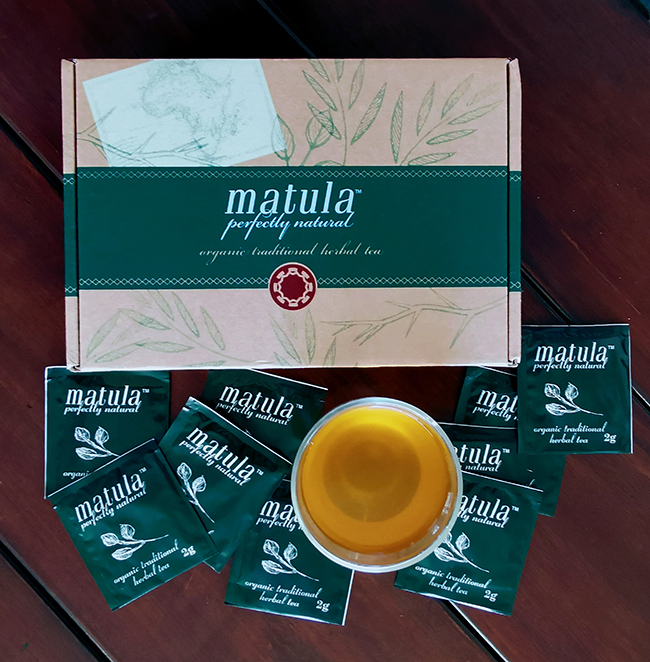Discover How to Cure H. Pylori Naturally
Navigating the world of natural cures for H. pylori can be both exciting and overwhelming for most people. This exploration is not just about finding a natural cure for H. pylori but also understanding which solutions are scientifically backed and which ones will work for you.
We are about to show you a variety of natural cures for H. pylori, examining the benefits and potential drawbacks of each, with the goal of providing you with peace of mind and confidence in choosing a safe and effective treatment with the least amount of risk possible.
The complications of untreated H. pylori infections can be severe. Chronic inflammation of the stomach lining, known as gastritis, is a common complication. Over time, this can lead to ulcers and increase the risk of stomach cancer.
Conventional treatments often involve antibiotics, which may have side effects or fail due to antibiotic resistance. Fortunately, several natural remedies have shown promise in managing or even eradicating H. pylori infections. Below are some of the most well-known natural options, with their benefits, drawbacks, and levels of scientific backing.
Matula Tea
- Benefits: Matula Tea is a blend of wild African herbs with antibacterial properties, and it’s scientifically proven to be over 98% effective against H. pylori. It has no side effects, and has a money-back guarantee. Matula Tea is pleasant tasting and gentle on the body. It is a once-off treatment so there are no ongoing expenses. Plus, it is effective against Acid Reflux (GERD), and Candida Albicans.
- Drawbacks: More expensive in the short term than all of the less effective options listed below.
- Scientific Evidence: Published studies confirm that Matula Tea is over 98% effective in clearing H. pylori infections, proven by a rock solid track record dating back to 2006.
- Guarantee: Sold with a money-back guarantee, and free expert advice from their experienced health team provides complete peace of mind for customers.

Green Tea
- Benefits: Green tea contains catechins, which have shown antibacterial effects against H. pylori in lab studies. Drinking green tea can also aid in overall gut health and reduce inflammation.
- Drawbacks: Green tea alone will not eradicate H. pylori, and the overall effectiveness may be mild. It should be used as part of a broader approach.
- Scientific Evidence: Laboratory studies suggest green tea can inhibit H. pylori, but clinical trials in humans are limited.
- Guarantee: There is no guarantee as it may only provide supplementary benefits.
Manuka Honey
- Benefits: Manuka honey from New Zealand has shown antibacterial properties and may inhibit H. pylori growth. It can also soothe inflammation and aid in stomach healing.
- Drawbacks: Effectiveness is limited, and it can be expensive for most individuals.
- Scientific Evidence: Some studies suggest Manuka honey has antibacterial effects, but its standalone efficacy against H. pylori is still not confirmed.
- Guarantee: There is no guarantee due to it being beneficial as a complementary remedy.
Broccoli Sprouts
- Benefits: Broccoli sprouts contain sulforaphane, a compound with potent antibacterial properties that may slow the growth of H. pylori bacteria.
- Drawbacks: Results can be mild, and not all individuals experience significant benefits. Effectiveness as a standalone treatment is questionable.
- Scientific Evidence: Studies show sulforaphane in broccoli sprouts may suppress H. pylori, but it most likely will not eradicate the bacteria.
- Guarantee: There is no guarantee as a treatment as it is considered to be supplementary only.

Mastic Gum
- Benefits: Mastic gum, derived from the Pistacia lentiscus tree, has been shown to possess antibacterial properties and may inhibit H. pylori growth. It also helps in relieving gastrointestinal discomfort and promoting healing.
- Drawbacks: Effectiveness may vary with dosage, and many users report only temporary relief.
- Scientific Evidence: Studies have shown mastic gum’s effectiveness in reducing H. pylori levels, though it may not completely eradicate H. pylori infections
- Guarantee: There is no guarantee as results can vary greatly from person to person.
Garlic
- Benefits: Garlic is known for its antimicrobial properties and can inhibit H. pylori growth. Raw garlic consumption has been linked to reduced symptoms and bacterial load in the stomach.
- Drawbacks: Raw garlic may cause gastrointestinal discomfort in some people. Its impact is considered to be temporary – without completely eradicating the bacteria.
- Scientific Evidence: Some studies suggest garlic has antibacterial effects on H. pylori, though results vary considerably from person to person.
- Guarantee: There is no guarantee.
Probiotics
- Benefits: Probiotics, particularly strains like Lactobacillus and Bifidobacterium, can help restore balance in the gut microbiome, potentially suppressing H. pylori growth. They also help in reducing side effects associated with antibiotic treatments.
- Drawbacks: Probiotics alone cannot eradicate H. pylori but can serve as a complementary approach, especially alongside other treatments.
- Scientific Evidence: Several studies indicate that probiotics can aid with symptoms of H. pylori infections. They can support gut health, but cannot be relied on as a standalone cure.
- Guarantee: There is no guarantee as it is not a solo treatment but more effective as a supplementary remedy.
Conclusion
While each of these natural remedies has its unique benefits, they vary in effectiveness and scientific support – with the exception of Matula Tea.
For individuals with H. pylori, natural remedies may offer relief and, in some cases, reduce bacterial levels. Only Matula Tea is proven to clear H pylori infections when used as a standalone treatment.
References:
- PubMed, “Mastic Gum and H. pylori” – https://pubmed.ncbi.nlm.nih.gov
- “Matula Tea Effectiveness” – https://www.ulcer-cure.com
- Frontiers in Microbiology, “Probiotics in H. pylori Treatment” – https://www.frontiersin.org
- Journal of Food Science and Technology, “Sulforaphane in Broccoli Sprouts” – https://link.springer.com
- Wiley Online Library, “Manuka Honey and Antibacterial Effects” – https://pmc.ncbi.nlm.nih.gov/articles/PMC6613335/
